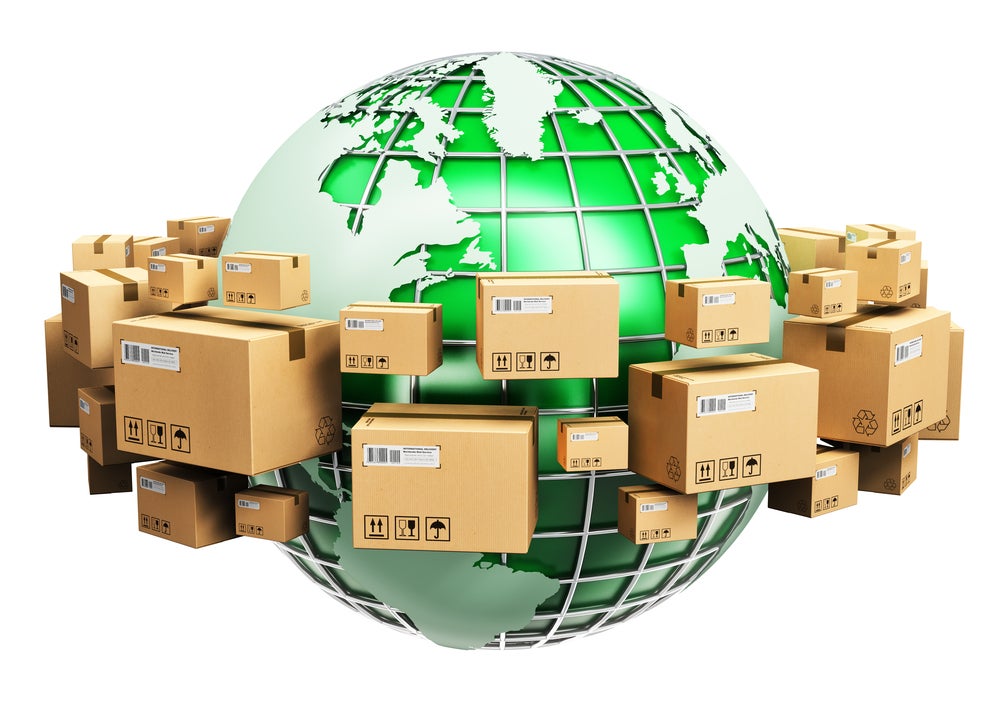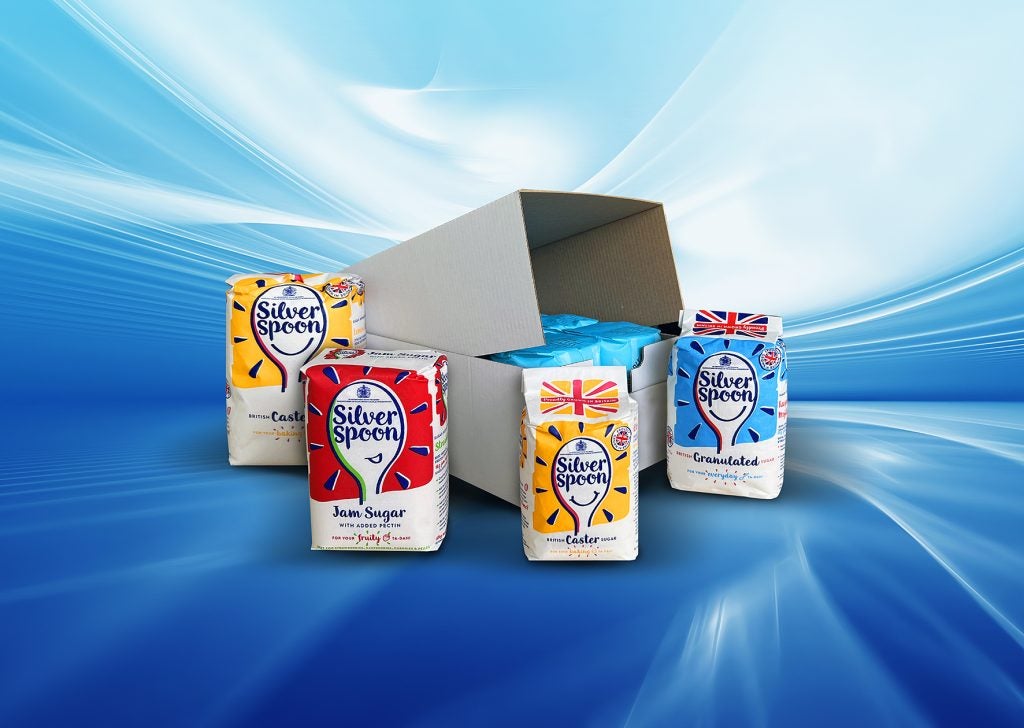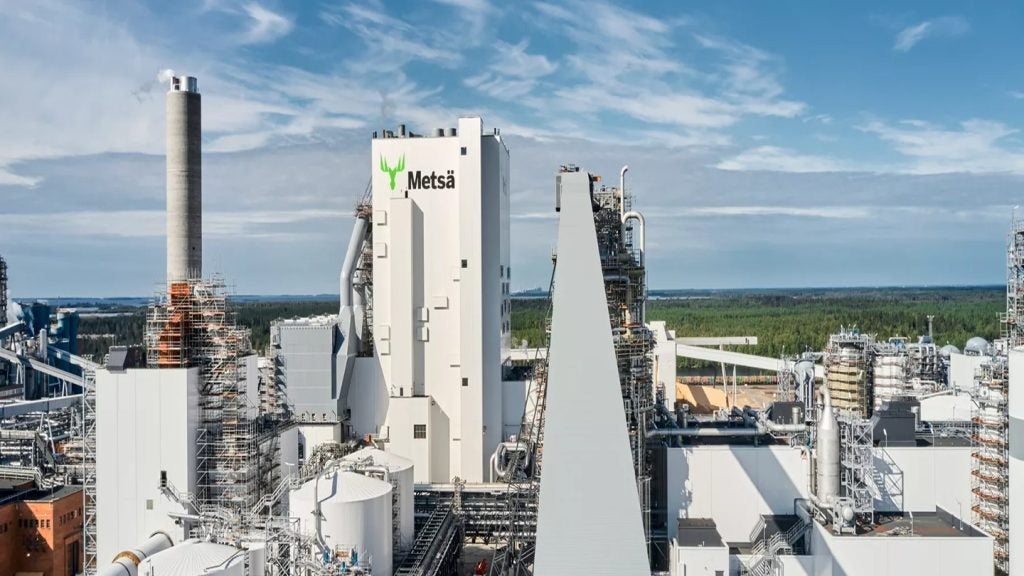In a groundbreaking move, the packaging industry is embracing the future with Smart Sustainable Plastic Packaging (SSPP). A recent evaluation report commissioned by UK Research and Innovation (UKRI) sheds light on the promising impact of SSPP.
What are the implications for the packaging industry, as it marches towards a more eco-conscious and efficient future?
The green revolution: Smart Sustainable Plastic Packaging is ushering in a green revolution in the packaging industry. The report confirms that SSPP technologies have successfully contributed to a significant reduction in plastic waste.
By utilising intelligent materials and innovative designs, SSPP not only minimises environmental harm but also cuts down on production costs.
Driving sustainability efforts: One of the most crucial aspects of SSPP is its ability to drive sustainability efforts across the industry. Manufacturers are now adopting smart packaging solutions that are both eco-friendly and cost-effective.
This shift towards sustainability is not only good for the planet but also for business bottom lines.
Plastic reimagined: SSPP reimagines plastic's role in packaging. Traditional plastics are being replaced with biodegradable and recyclable materials, minimising the ecological footprint.
With this shift, the packaging industry is moving away from being a part of the problem and becoming a significant part of the solution to plastic pollution.
Technological advancements: revolutionising packaging efficiency
Smart packaging solutions: The SSPP report underscores the integration of smart technologies in packaging. These technologies include RFID tags, sensors, and QR codes, which allow for real-time tracking and monitoring of products.
This not only enhances the consumer experience but also aids in supply chain optimisation.
Reducing food waste: One of the standout achievements of SSPP is its contribution to reducing food waste. Smart packaging solutions help extend the shelf life of products by providing accurate information about freshness and expiration dates.
This not only benefits consumers but also addresses a global issue of food wastage.
Efficiency in transportation: SSPP is streamlining transportation logistics. Smart packaging solutions enable better space utilisation and load optimisation, reducing the carbon footprint associated with shipping.
This innovation aligns with sustainability goals while also saving on operational costs.
Challenges and the road ahead
Infrastructure and investment: Despite its immense potential, the widespread adoption of SSPP faces challenges related to infrastructure and investment. The report suggests that governments and industry stakeholders need to collaborate to create an enabling environment for SSPP technologies to thrive.
Consumer education: Another hurdle is the need for consumer education. Many consumers are unfamiliar with the benefits of smart packaging and sustainable materials. Bridging this knowledge gap will be crucial in ensuring the success of SSPP.
Regulatory framework: The packaging industry will require a clear regulatory framework to ensure that SSPP adheres to environmental standards. This includes guidelines on the use of biodegradable materials and recycling practices.
A bright future for sustainable packaging
The Final Process Evaluation Report on Smart Sustainable Plastic Packaging paints an optimistic picture for the packaging industry's future. SSPP is not just a buzzword but a transformative force that combines sustainability and technological advancements.
As the industry continues to evolve, it is essential for stakeholders to work together to overcome challenges and create a more sustainable and efficient packaging ecosystem.
Smart Sustainable Plastic Packaging is not just about packaging; it's about reshaping the way we think about materials, waste, and consumption. With the right support and commitment, SSPP has the potential to revolutionise the packaging industry, benefitting both businesses and the environment.
As we move forward, the industry must seize this opportunity to embrace a smarter and more sustainable future.















